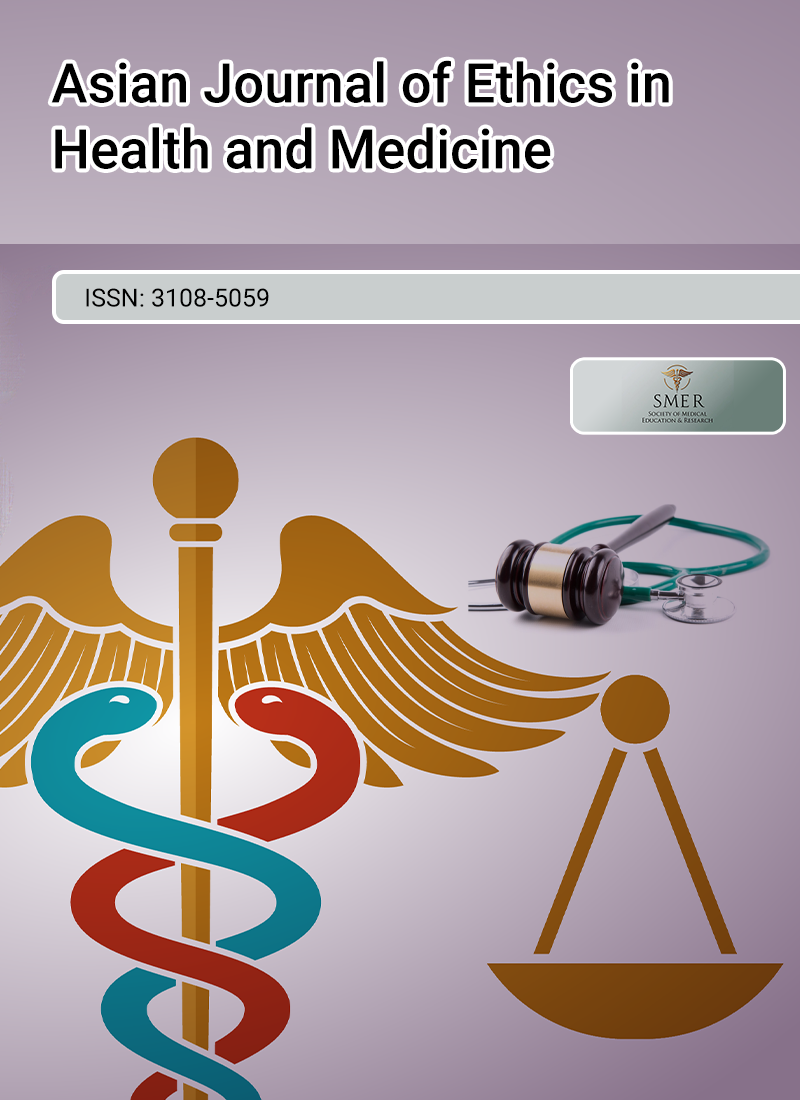
Research involving children is crucial for ensuring they benefit from scientific advancements, yet participation must be balanced against potential risks. In many regions, legal frameworks mandate parental consent for medical research until the age of eighteen, while guidance on obtaining children’s assent is often vague. Despite this, there is limited evidence on how families navigate these decisions and the ethical considerations involved. This study examines the ethical issues surrounding decision-making for children and adolescents participating in a human papillomavirus (HPV) vaccine trial. Semi-structured interviews were conducted with Tanzanian girls aged 9–16 who had enrolled in an HPV vaccine trial (n = 13), their parents or guardians (n = 12), and paired parent-child interviews (n = 6). Thematic analysis was used to interpret the data, which were drawn from a qualitative acceptability study nested within the Dose Reduction Immunobridging and Safety Study of Two Human Papillomavirus (HPV) Vaccines in Tanzanian Girls (DoRIS) trial. While parents were ultimately responsible for providing consent, both parents and girls favored collaborative decision-making. Girls expressed a desire for a more substantial role in these discussions. Consent decisions were influenced by multiple actors, including extended family, trial staff, healthcare professionals, and media, often leading to conflicts that needed resolution. Trust emerged as a central factor, shaping both how families made consent decisions and how they responded to rumors regarding trial participation. Current models of decision-making capture interactions between parents, adolescents, and researchers but overlook broader social influences and the critical role of trust. Children’s participation can be understood through the lens of consent principles—autonomy, freedom, and access to information—while concepts such as relational autonomy provide insight into how families navigate complex consent processes. Although legal parental consent remains supported, researchers should develop child-centered consent procedures that respect and integrate the family’s decision-making dynamics.